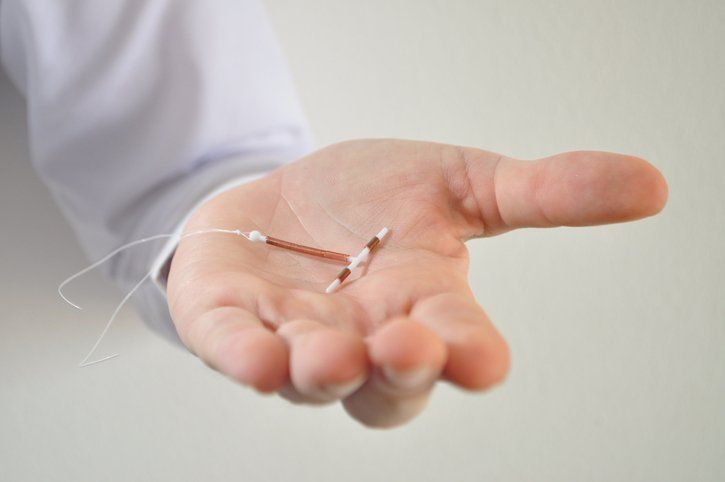Improving Your Fertility With PCOS
- By Amit Bhangu
- •
- 28 Jul, 2023
- •
Polycystic ovary syndrome (PCOS) is a common hormonal disorder that affects up to 20 percent of women who are infertile. It is characterized by irregular or absent periods, excess androgen levels, and multiple small cysts in the ovaries. PCOS can cause various health problems, including infertility, diabetes, cardiovascular disease, and depression.
One of the main reasons why PCOS affects fertility is because it interrupts the normal ovulation process. Ovulation occurs when the ovary releases an egg, which is necessary for conception.
Women with PCOS may not ovulate regularly or at all, which reduces their chances of getting pregnant naturally. Additionally, PCOS can affect the quality of the eggs and the lining of the uterus, making it harder for a fertilized egg to implant and grow.
However, having PCOS does not mean that you cannot get pregnant. There are many treatment options available to help you ovulate and improve your fertility. Here are a few of them.
Lifestyle Changes
Losing weight, eating a balanced diet, exercising regularly, and managing stress can help improve your hormonal balance and insulin sensitivity, which can boost your fertility. Losing 5% to 10% of your body weight can reduce PCOS symptoms significantly, including those that hamper fertility.
Additionally, you should avoid foods that are high in sugar, fat, or refined carbohydrates. Foods that are high in simple carbohydrates can cause a large release of insulin and encourage weight gain.
You should also limit your intake of alcohol and caffeine. These substances can negatively affect your hormones and ovulation.
Medications
Your doctor may prescribe medications to stimulate ovulation, such as clomiphene citrate, letrozole, or gonadotropins. These drugs work by triggering your pituitary gland to produce more follicle-stimulating hormone (FSH) and luteinizing hormone (LH). FSH and LH stimulate the growth and release of an egg from the ovary.
They may also prescribe metformin to help improve the effectiveness of ovulation-stimulating medicine. Metformin can also improve the regularity of your cycles.
Keep in mind that you may need to take these medications for several cycles before you ovulate successfully. Nonetheless, some women with PCOS become pregnant on their first cycle.
Surgery
If medications do not work, your doctor may recommend surgery to remove or destroy some of the tissue on your ovaries. This procedure is called ovarian drilling.
The surgical treatment involves making small holes in the surface of your ovaries using a laser or an electric current. As a result, the procedure can lower your levels of male hormones and restore normal ovulation. The rate of pregnancy success following ovarian drilling is approximately 61 percent.
Assisted Reproductive Technology (ART)
If none of the above methods work, you may consider assisted reproductive technology options, such as in vitro fertilization (IVF) or intrauterine insemination (IUI). IVF involves fertilizing your eggs with your partner's sperm in a laboratory and then transferring the resulting embryos into your uterus. IUI involves placing your partner's sperm directly into your uterus around the time of ovulation.
These techniques can bypass some of the ovulatory problems caused by PCOS. Moreover, they can increase your chances of pregnancy.
You should also monitor your ovulation using an ovulation predictor kit, a basal body temperature chart, or a cervical mucus chart. By recording this information, you can better time intercourse for periods when you are most fertile.
Getting pregnant with PCOS may take longer and require more interventions than conception for women without the condition. However, it is not impossible. With proper care and support, you can achieve your dream of having a baby.
If you have PCOS and want to get pregnant, contact Jack G. Faup M.D. to schedule a consultation. We can work with you to create a personalized treatment plan. Our dedicated staff will evaluate your medical history, perform some tests, and recommend the best options for you based on your age, health, and preferences.



